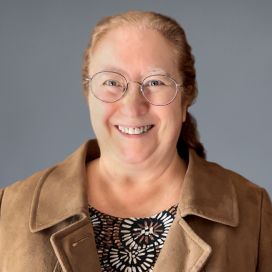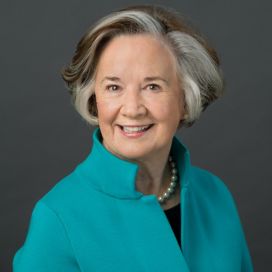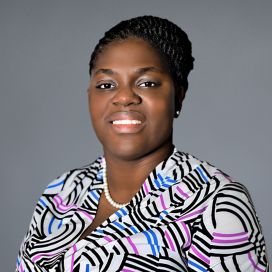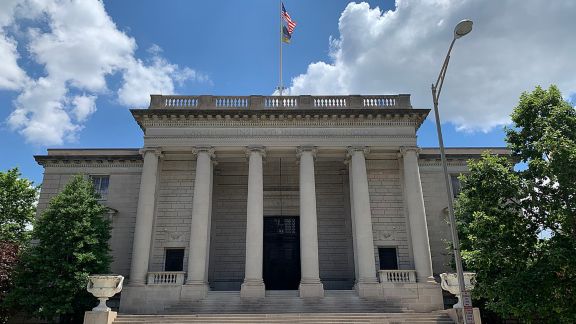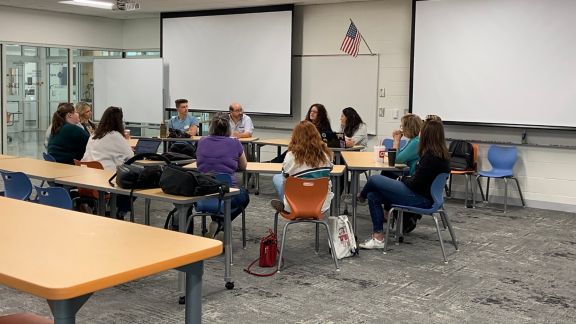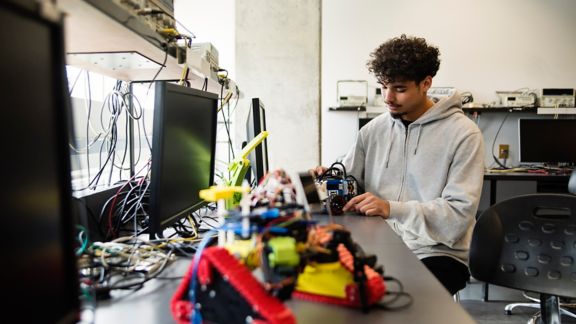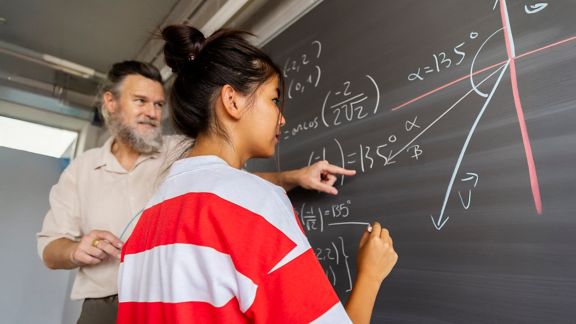Business and government leaders have long recognized that more students from traditionally marginalized backgrounds must enter the science, technology, engineering, and mathematics (STEM) fields for the United States to remain competitive in the global marketplace. NORC has been a pioneer in tracking the STEM pipeline, starting in middle school: understanding the students, the educational choices they make, their career outcomes, and the economic and educational factors that influence their success. For example, NORC conducts the biannual Survey of Doctorate Recipients, which is the nation’s only source of data on the career outcomes of U.S.-trained science, engineering, and health doctorate holders.
Other examples of NORC’s STEM projects include:
- A study funded by the National Science Foundation to understand the pandemic's impact on the country’s future STEM workforce, and its disproportionate impact on poor, minority, and underserved high school students. Using extant data from across the country we examined course-taking patterns before, during, and post-COVID, and the factors that went into these course-taking decisions.
- A nationally representative survey of teens funded by the Bill and Melinda Gates Foundation to explore their math identity, mindset, and course-taking behaviors. The study also includes a survey of parents to gather insights on how family context may influence teens’ attitudes toward math.
- Fulton County Schools, Georgia’s fourth largest school system, opened its first two STEM magnet high schools in the fall of 2022. Their curricula were designed to be holistic, with STEM content infused throughout all courses as well as across mentoring, advising, counseling, and career experiences. NORC assessed the district’s implementation of the STEM curricula in its first year, capturing successes and pain points.
- The College Board developed a high-dose, virtual math tutoring program to help low-income urban high school students in Chicago and New York City improve their SAT scores. NORC conducted a rigorous impact study to determine its impact, as well as an implementation study to better understand treatment students’ decision to participate in the program.
STEM Experts
-
Kevin L. Brown
Vice President -
Will Fisher
Research Scientist -
Claudia A. Gentile
Senior Fellow -
Karen Grigorian
Vice President -
Jennifer Hamilton
Senior Vice President -
Debbie Kim
Senior Research Scientist -
Erin Knepler
Senior Research Director -
Vi-Nhuan Le
Principal Research Scientist -
Tiaira Porter-Beall
Research Scientist -
Brooke Rumper
Research Scientist -
Barbara Schneider
Senior Fellow -
Debra W. Stewart
Senior Fellow -
Roseline Telfort
Research Scientist


